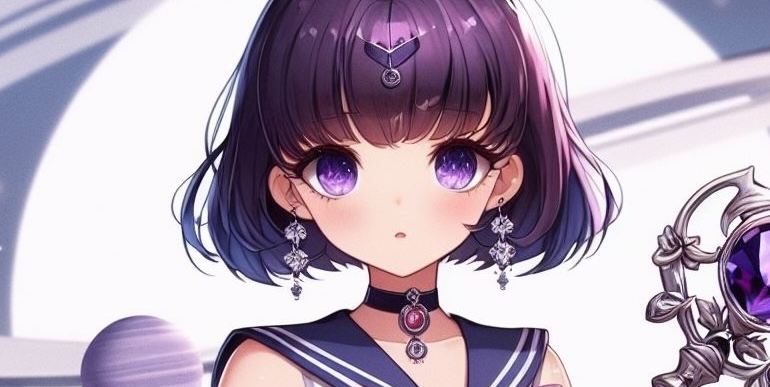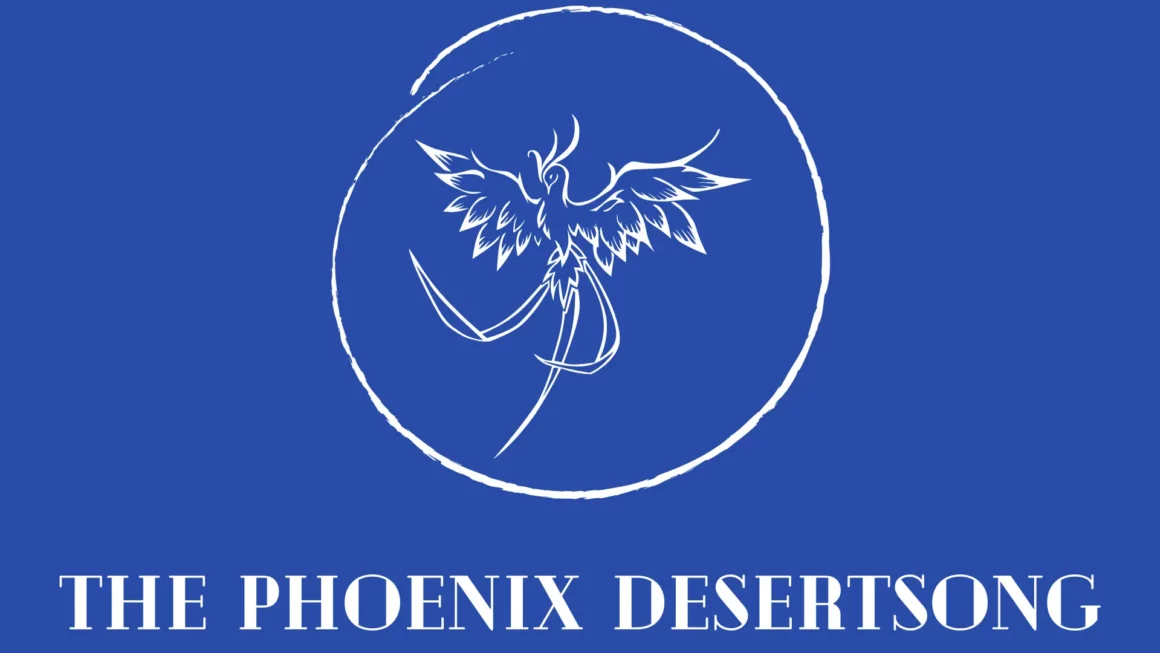In my youth, I was one of those rare souls who seemed to see only the good in others. For so long, I was innocently blind to flaws, captivated by the glimmer of potential in everyone I met. For much of my childhood and even young adulthood, I roamed the school halls and my neighborhood streets with a heart wide open, perceiving only the sunlit potential of those around me.
Even the bullies, with their harsh words and cruel pranks, could be future leaders honing their confidence. The loners, often shrouded in silence, were just deep thinkers on the brink of brilliant discoveries. To my naive eyes, the world was a garden of burgeoning flowers, not the battlefield of weeds and thorns it actually is.
I’ve always been fascinated with character studies. But, without the benefit of the experience of age, I was only interested in what was holding people back. I wouldn’t allow myself to see that the greatest changes can only come from within, not from without.
Indeed, naivety dissipates with time like morning mist. By my late twenties, I learned the hard way that potential is a fragile thing. No amount of external goodwill can ignite the spark within. As much as I tried to be the catalyst for others’ transformation, believing that my care and encouragement could steer them towards their best selves, life taught me otherwise.
I’ve had many friends with a troubled home life, with pasts marred by neglect and absence of affection. I gave my unwavering support in hopes of filling that void. I spent countless hours discussing their dreams, peculiar talents, and potential for bright futures. But, dreams without resolve are like seeds on stony ground — they wither and die. All of them inevitably drifted away, swallowed by mediocrity or worse, never reaching the heights I envisioned for any of them.
This unwavering optimism transmuted into iron-clad pragmatism as I grew older. In my fiction, my characters evolved from naive protagonists, tragic heroes with unwavering optimism who inevitably fell victim to their own well-intentioned blindness, into much more complex figures. Today, my stories often revolve around antiheroes grappling with their own inner darkness, and the world around them mirrors their journey to becoming a better version of themselves.
Still, those early character studies, on both paper and in practice, those well-meaning but tragically flawed heroes, left indelible marks on my stories. Life is a perpetual balancing act of hope and disillusionment. We must see the potential for good in others, yes, but not be blinded by our own hopefulness. We must remain vigilant and discerning — the sweetest smile can mask a dagger and the kindest words can conceal dirty lies.
There’s bittersweet beauty in seeing the possibility of good, even if it’s painful when we see that potential floundered time and again. Like a delicate perfume wafting through the air, the scent of potential can be intoxicating, drawing us in, urging us to believe in the best of others and ourselves. Instead of sulking in the shadows each time we lose another friend, we must take it as a poignant reminder of our own fragility and strength.
So, as I sit at my desk reflecting on this paradox, I do my best to balance the sweetness of the good memories I shared with these long-since departed friends with the taste of bitter lessons learned. The sweetness and the bitterness must co-mingle with the savory hope that still lingers in my heart to this day. It also helps that I now have a partner in life and love that has similarly experienced the same hope for others, only to be disappointed every single time.
In addition to my wife, I’ve found more omnipresent companions as I’ve aged — the gentle glow of a new day filtering through the window, the soft rustle of pages turning as I read the encapsulated wisdom of other minds, the comforting weight of my smartphone in my hand as I take notes. These are my companions as I continue to write, out of the hope that my words will take root in the minds of others.
Seeing the good in others is a gift, but it must be tempered with wisdom. In this world of light and shadow, we must learn to navigate both with grace. C’est la vie, indeed.
~ Amelia Desertsong


